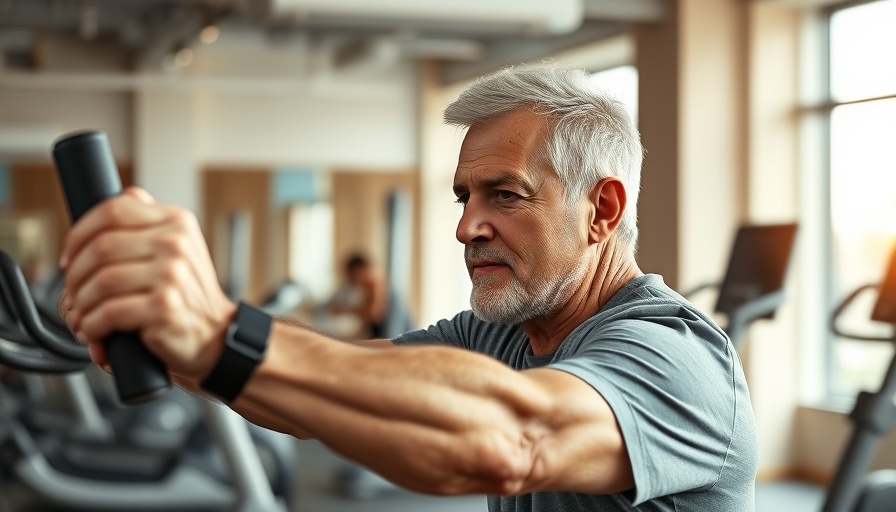
Understanding Heat Exhaustion: Signs and Symptoms
As we embrace the summer sunshine, it's essential to recognize the risks that come with high temperatures, especially for older adults. Heat exhaustion can manifest as fatigue, confusion, and a general sense of malaise. Many friends or family members might observe their elderly loved ones becoming uncharacteristically sluggish or dazed. In severe cases, these symptoms could escalate to heat stroke, a critical condition that requires immediate medical attention. Recognizing these early warning signs can be pivotal in ensuring a safe and enjoyable summer.
Practical Tips for Staying Cool and Healthy
Staying hydrated is crucial during the sweltering summer days. Experts recommend drinking plenty of water, even if you don't feel thirsty. Avoiding caffeinated and alcoholic beverages can also be beneficial, as these can lead to dehydration. Additionally, wearing light-colored, loose-fitting clothing can help your body maintain a stable temperature. Take breaks in the shade or indoors, and consider planning outdoor activities during cooler parts of the day, like early morning or late evening.
Creating a Cool Environment
Your home can be a sanctuary from the heat, but it needs to be prepared accordingly. Ensure windows are covered during the day to keep the heat out. Fans are a great alternative to air conditioning when budgets are tight; they can circulate air and create a breeze, enhancing your comfort. Consider taking cool showers or baths, and keeping ice packs handy to apply to pulse points such as wrists and neck.
Social Connection: Why Communicating About Health Matters
Communicating about health issues, including the effects of heat, is vital for older adults. Sometimes, they may feel embarrassed to admit they need help or aren’t feeling well. Encouraging open dialogue allows families and friends to offer support promptly. Initiating conversations might be as simple as asking if they’re drinking enough water or how they’re feeling in the heat. This lifeline can make a significant difference in their well-being and quality of life.
When to Seek Medical Help
It’s essential to understand when professional medical advice is necessary. If someone experiences severe symptoms such as confusion, dizziness, a headache, or a lack of sweating despite the heat, these could be signs of heat-related illness that requires immediate attention. It’s always better to err on the side of caution, so if you are in doubt, consult with a healthcare professional.
Enjoying Summer Safely: Conclusion
Being proactive about heat-related health issues can ensure that everyone, especially the elderly, can enjoy their summer months without unnecessary risk. By following these practical tips, we can help foster a safe and joyful environment. Remember to communicate about health, encourage hydration, and don't hesitate to reach for professional help when needed. As we savor the warmth of summer vacations, let's remain vigilant and supportive of our loved ones, aiming for a season filled with happy, healthy memories.
 Rij toevoegen
Rij toevoegen






Write A Comment